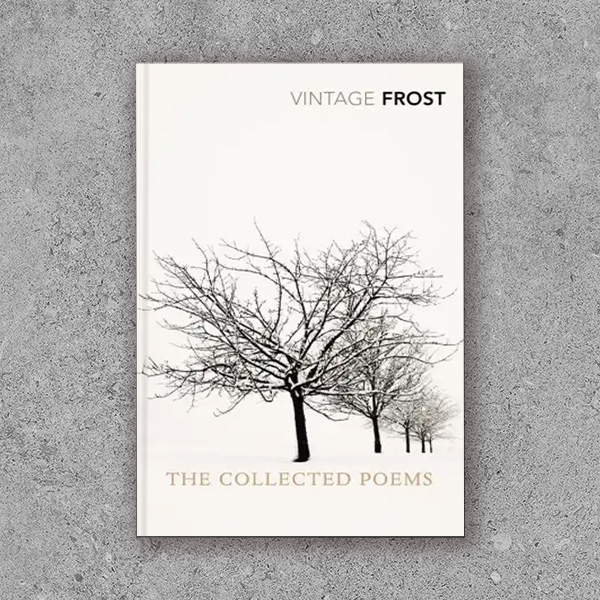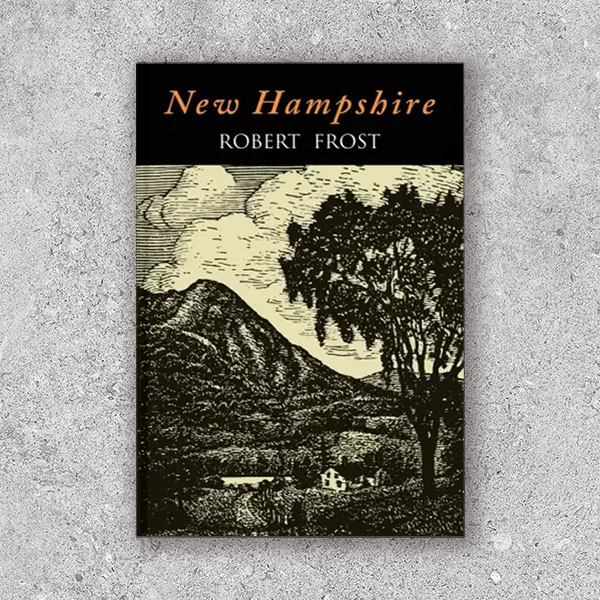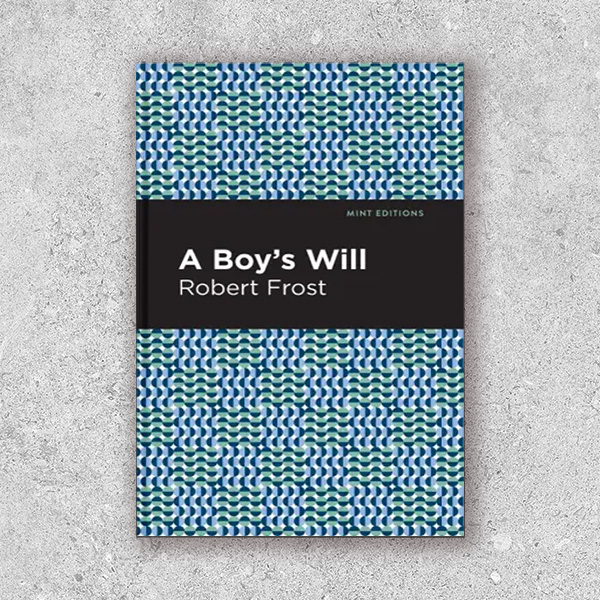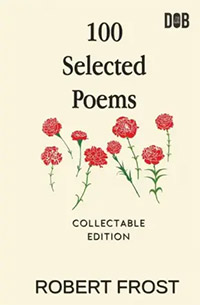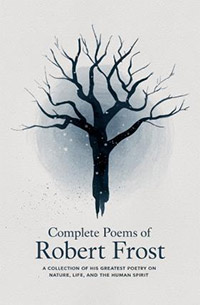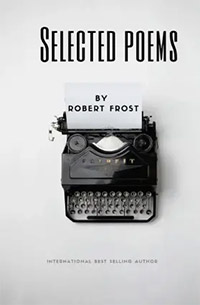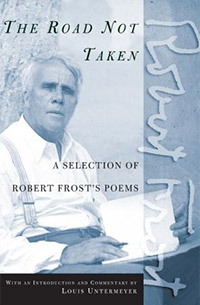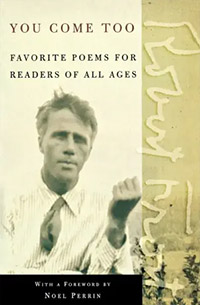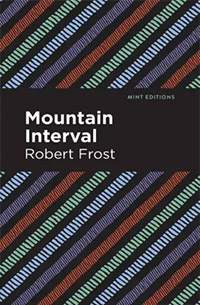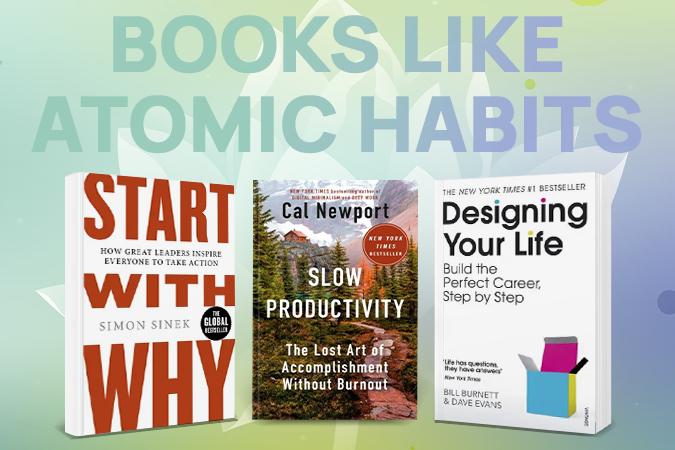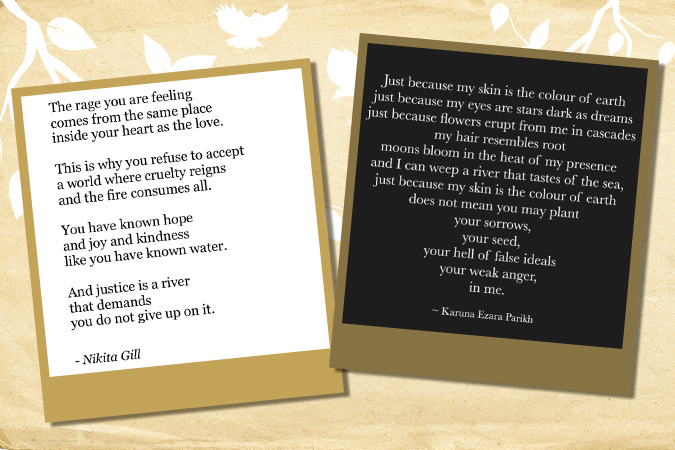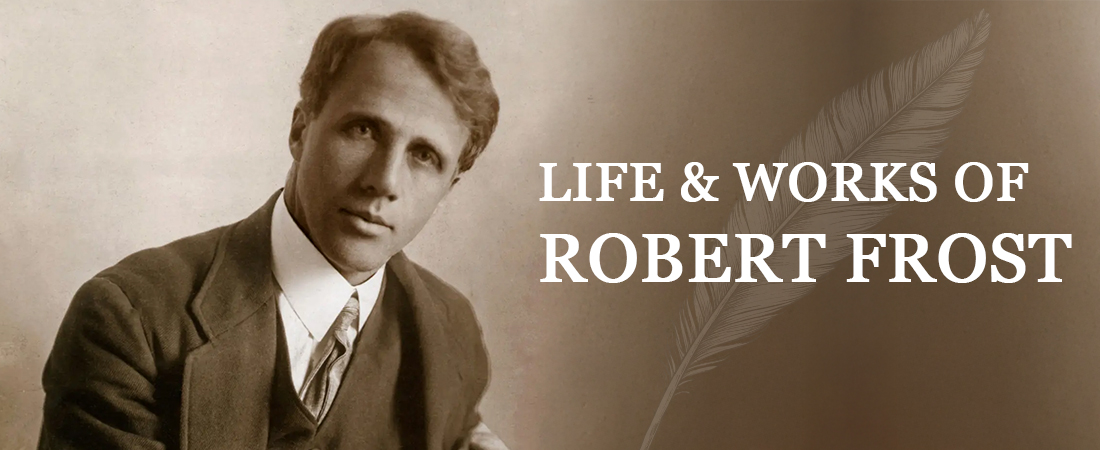
Who Was Robert Frost and Why Do His Poems Still Resonate?
If you’ve ever searched for a Robert Frost biography or found yourself quoting The Road Not Taken, you’re not alone. One of America’s most beloved poets, Robert Frost captured the quiet depths of rural life and the human condition like no one else.
Read on to explore who Robert Frost was, why his poems have stood the test of time, and how you can dive into his most celebrated works.
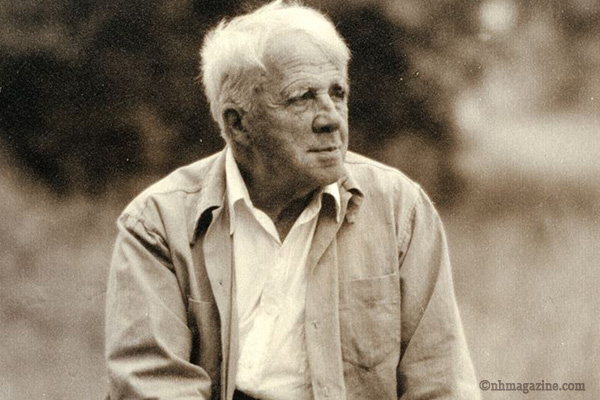
Robert Frost was a Pulitzer Prize-winning American poet known for his simple yet profound verses about nature, rural life, and human introspection. Born on March 26, 1874, in San Francisco, Frost moved to New England after his father’s death—a place that would later shape the imagery and tone of much of his poetry.
He wasn’t an overnight success. In fact, Frost’s journey to literary fame was marked by setbacks, rejections, and years of working odd jobs. He published his first poem, “My Butterfly,” in the New York newspaper The Independent in 1894, earning $15. But it wasn’t until his 40s—after self-publishing and moving to England—that his writing finally received the recognition it deserved.
- Full Name: Robert Lee Frost
- Born: March 26, 1874, San Francisco, California, USA
- Died: January 29, 1963, Boston, Massachusetts, USA
- Nationality: American
- Occupation: Poet, Teacher, Playwright
- Known For: Nature-themed poetry, rural New England settings, philosophical undertones
- Famous Poems:
- The Road Not Taken
- Stopping by Woods on a Snowy Evening
- Mending Wall
- Fire and Ice
- Birches
- Moved to New England at age 11 after his father’s death
- Attended Dartmouth College, briefly and later Harvard University, but did not earn a degree
- Worked as a teacher, cobbler, and farmer before finding literary success
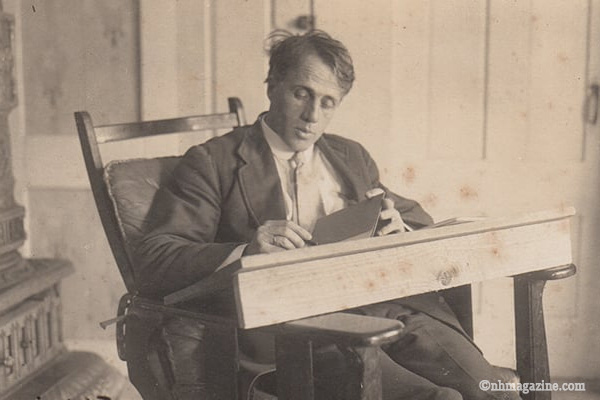
Frost’s first two poetry collections, A Boy’s Will (1913) and North of Boston (1914), were published while he lived in the UK. They helped him gain a foothold in literary circles and introduced his quiet, contemplative voice to the world. When he returned to America In 1915, during World War I, he was already a known figure.
His poetry doesn’t shout—it lingers. Frost’s genre is often described as pastoral or regional, but what sets his work apart is the emotional complexity he weaves into everyday scenes. Think snow-covered woods, stone walls, and winding country paths—all metaphors for deeper emotional truths.
Two roads diverged in a wood, and I—
I took the one less traveled by,
And that has made all the difference.
Arguably, his most famous work is The Road Not Taken—a poem that people often interpret as a celebration of individualism. But Frost himself called it “a tricky poem,” more about doubt than decisive choices.
Another masterpiece, Stopping by Woods on a Snowy Evening (1923), ends with lines that are etched into literary memory:
The woods are lovely, dark and deep,
But I have promises to keep,
And miles to go before I sleep,
And miles to go before I sleep.
Frost was a master of the metre, but he never let form outweigh the feeling.
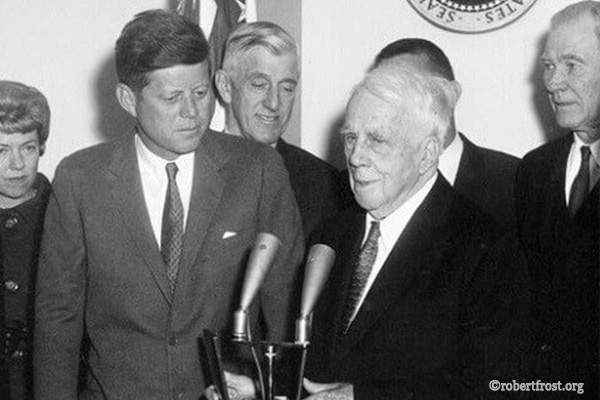
- He’s the only poet to have won the Pulitzer Prize for Poetry four times.
- In 1958, he was named United States Poet Laureate.
- In 1960, he received the Congressional Gold Medal for his contribution to American literature.
- He was nominated for the Nobel Prize in Literature 31 times—yes, 31!
- His first published poem appeared in his high school magazine back in 1892, where he was also named class poet.
- Even presidents admired him—he read a poem at John F. Kennedy’s inauguration in 1961.
If you’re looking to explore Robert Frost’s poetry, start with these beautifully curated editions:
Robert Frost is a poet whose words continue to offer comfort, provoke thought, and inspire reflection—even a century after they were written. His poetry holds something for everyone.
P.S. Poetry isn’t just for school syllabi—it’s for everyone who’s ever paused at a fork in the road and wondered what comes next.

